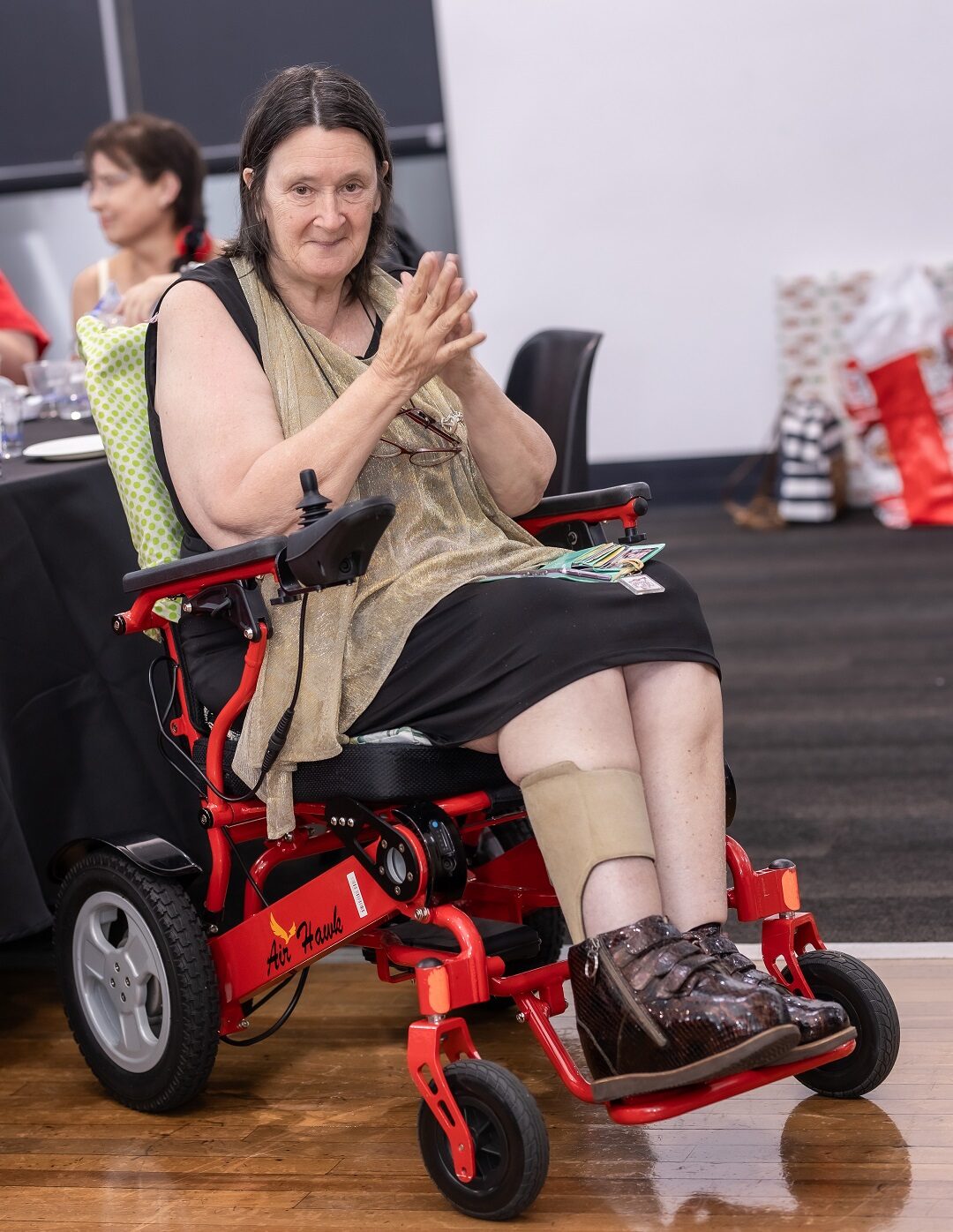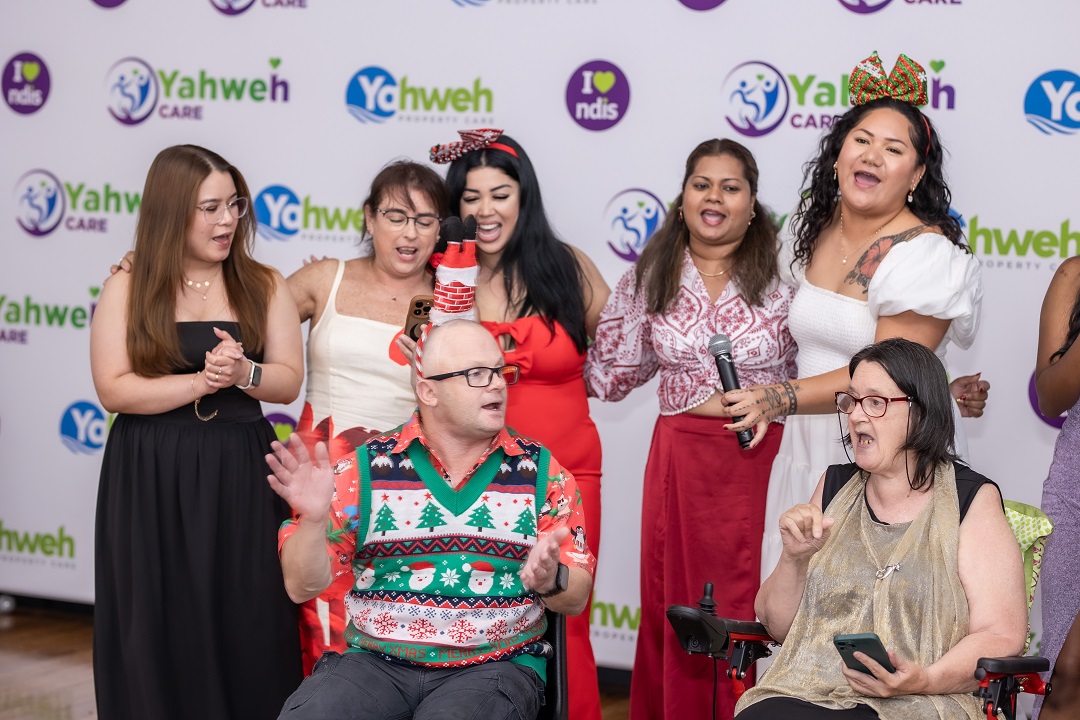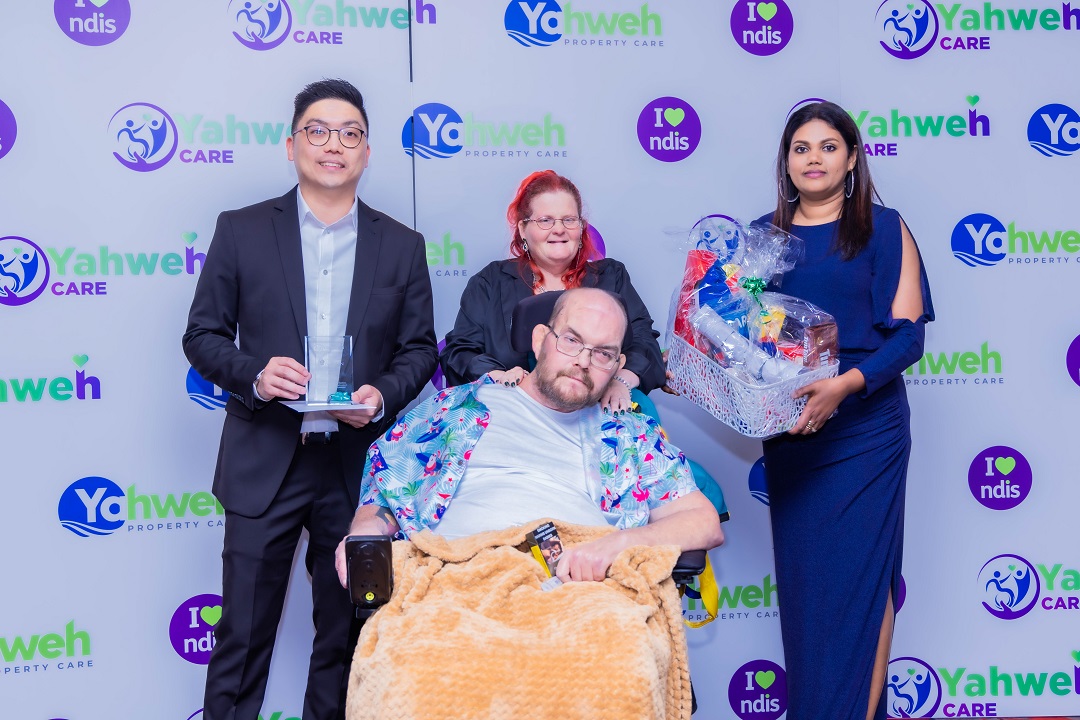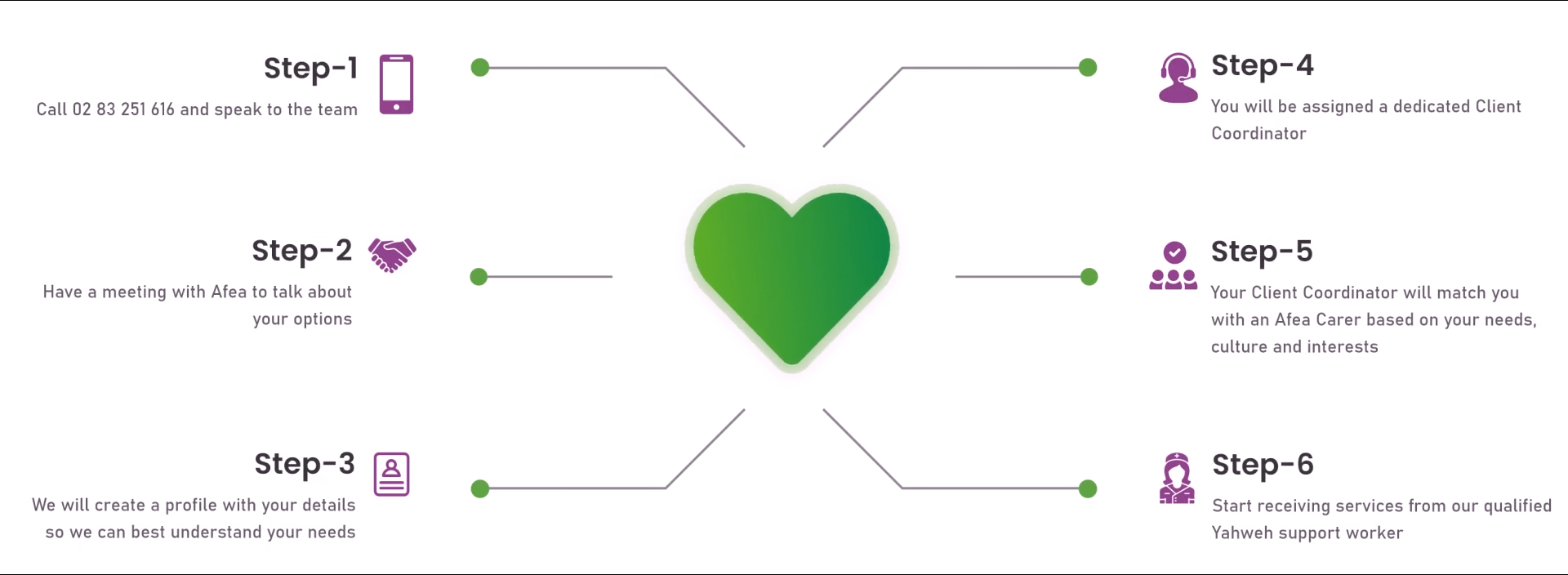SWITCH TO YAHWEH CARE
Providing care and holistic approach to NDIS participants aiming to create opportunities for you to live your best life.
Contact UsLiving with a disability changes how you see and experience the world. It’s not just about medical labels or physical limitations. It’s about how you move, interact, make decisions, and solve problems. Often, you get to see how others respond to you.
If you’ve never lived with a disability, it’s hard to fully understand. But you can try, and that’s a good place to start.

Your body doesn’t cooperate as it used to—or how you wish it did. Maybe your legs don’t hold your weight. Maybe your hands shake, or your brain processes words differently.
You want to do something simple—open a door, tie your shoes, read a sentence—and suddenly, it’s not simple anymore. You have to think about every step and have to plan for it. Honestly, having a disability is extremely exhausting.
There are days when you need help. That’s not a weakness. It’s reality.
Asking for help can feel like giving something up. These include your pride, your privacy, and your autonomy. However, it is essential for you wellbeing.
But sometimes, you must seek assistance, which teaches you humility. It also teaches you how strong your support system is or that it isn’t.
This part is constant, and you already know it. However, with your disability, everything that’s different becomes too obvious.
If the sidewalks are uneven, buildings lack ramps, and signage lacks braille, you’ll notice. You’ll even pay attention to out-of-order elevators, blocked stair access, and too dim lighting for low vision.
Even websites can be a struggle. Buttons without labels, no keyboard navigation, videos without captions—these become instantly apparent.
Every step of your day is filled with barriers. And most of them are unnecessary. They exist because people don’t think about people like you.
You don’t have a choice and need to figure out new ways to do things. Adapting doesn’t mean it gets easy. But it does mean you become more resourceful than most people realize.
Living with a disability teaches you the value of patience, not only with yourself and the people around you but with the systems as well.
But don’t mistake that for calm acceptance because often, there’s still anger.
Because when a building isn’t accessible, it’s discrimination. When someone mocks your stutter, it’s cruelty. When society treats you like an afterthought, it’s an injustice. With these, sometimes you lose hope, struggle with loneliness, and deal with depression. You even develop a wide range of mental illness.
Nevertheless, your anger is valid as it fuels change.
You get looks and often feel that everyone shows pity. Sometimes, there’s confusion because people just stare. What’s even worse is the assumptions that follow that glare.
Disability isn’t a tragedy. But ignorance can make it feel like one.
When you struggle with a disability, you’ll learn that some friends stick around, and some don’t. Not everyone knows how to handle your situation and inclusion becomes an issue. Some get uncomfortable, while others tend to disappear.
Dating changes, too. You wonder if someone sees you or is just concerned about dealing with you.
You begin to want connection more deeply, but you don’t want to be someone’s project. There’s this longing to be seen as a whole person, not an inspiration, and preferably not a burden in the community.

While your relationship with your friends and family members changes, you begin to see that there’s a whole community out there. You’ll meet people who get it. These individuals don’t ask intrusive questions and laugh with you at the ridiculous stuff. They teach you what real resilience looks like.
These connections, whether online or in person, can be life-saving because you learn from each other. You find friends, support groups, carers, advocates, and mentors. You support each other and remind each other that your life matters despite your disability.
Yes, it’s draining, and sometimes reality isn’t part of the expectations. However, you keep doing it because you understand that if you don’t, no one will.
A good day might be getting out of bed without pain or making it through work without needing to rest. You find yourself advocating for yourself because you want to be heard.
Other people might not notice those wins, but you do, and they matter. That’s because living with a disability teaches you to recognize the progress others miss.
Since you see life differently, you fight for access, understanding, and respect. You aim to have the right to just live your life. You learn that strength isn’t about what your body can do. It’s about what your mind refuses to give up on. With that, you don’t take things for granted.
So, to do this better, you seek support plans. You fill out forms, make calls, and even file appeals. You should explain your condition for the tenth time, have patience, and wait on hold. Once the help arrives, you show up and speak out.
Honestly, it feels complicated, and often, you will experience isolation and frustration that disrupt your mental health. However, it can be empowering and enlightening. It feels like navigating a world that wasn’t made for you and still finding ways to live, grow, and matter in society.

If you live with a disability and want to understand more about your options, seek professional assistance. You can contact Yahweh Care for NDIS support. They work alongside with territory government and offer resources for people living in Australia.
If you don’t, take a moment to listen—really listen. Then, ask yourself what you can do to make the world more accessible, fair, and human.
Because disability doesn’t limit life. Only barriers do.
Providing care and holistic approach to NDIS participants aiming to create opportunities for you to live your best life.
Contact Us


